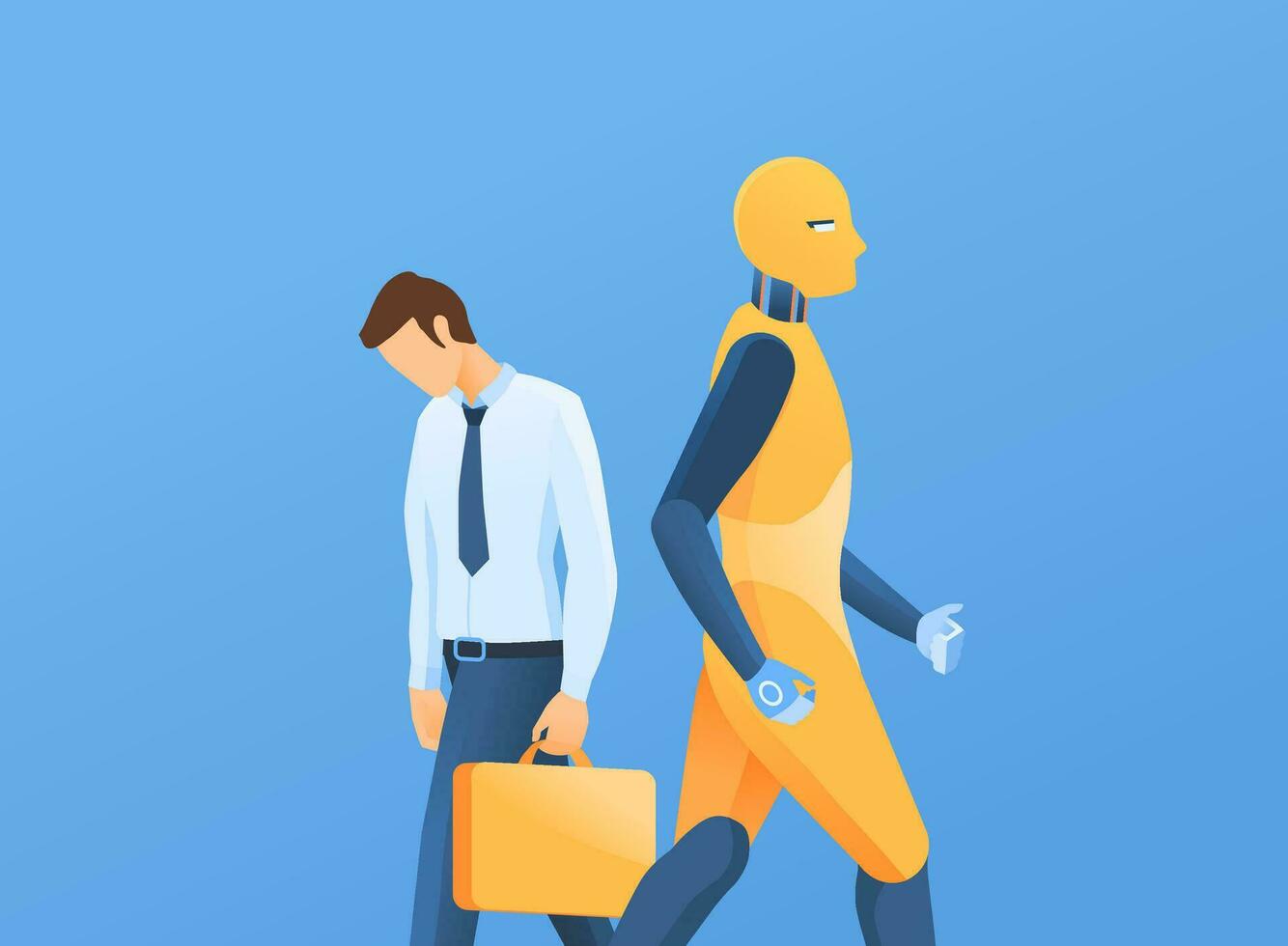Is AI Replacing Jobs—or Creating New Ones?
In recent headlines, the question of whether artificial intelligence (AI) is a threat to employment—or a force for opportunity—has polarised discussions across industries. From tech giants to front-line workers, voices on both sides of the debate bring compelling data and personal stories to the table. Let’s unpack both perspectives and explore what this transformation means for workers today—and tomorrow.
1. The Fear: AI as a Job Terminator
Speculation about widespread job loss is neither new nor unfounded. Dario Amodei, CEO of Anthropic, recently warned that AI could eliminate up to 50% of entry‑level white‑collar jobs within five years
greatworks.ai+3thevuetimes.com+3businesstoday.in+3 businessinsider.com+2businessinsider.com+2timesofindia.indiatimes.com+2. That alarm has found echoes in other sectors: One PhD computer‑science candidate lamented, “AI is stealing my jobs”, describing how routine coding tasks—once core to his training—were now AI‑driven thetimes.co.uk.
Such concerns are echoed in policy forecasts. The World Economic Forum’s 2025 Future of Jobs Report projects that by 2030, 92 million jobs will be displaced—about **22% of global employment—but paired with the creation of 170 million new roles, netting a positive 78 million jobs weforum.org+1khueonstudios.com+1. Additionally, a 2025 study suggested AI could displace 85 million jobs by that year, though it also predicted 97 million new roles, yielding a net gain researchgate.net+4khueonstudios.com+4elafsalsabila.com+4.
Other research shows nearly 41% of employers plan to downsize roles due to AI, especially in clerical and administrative sectors cnbc.com. Yet even amidst these shifts, the same reports emphasize the importance of upskilling—77% of employers, for instance, are investing in moving employees to new AI‑augmented roles .
2. The Bright Side: AI Is Creating New Jobs
Despite fears about automation, many experts believe AI is actually generating jobs—not just replacing them.
Reports from PwC and the World Economic Forum show that industries using AI have seen significant growth. In fact, those sectors are earning more per employee and paying higher wages. Surprisingly, even roles considered easy to automate grew by 38% between 2019 and 2024.
🚀 New Careers on the Rise:
-
AI Prompt Engineers: These specialists craft the right inputs to make AI tools work better. Salaries can range from $90,000 to over $180,000.
-
Ethics & Compliance Officers: They ensure AI systems are fair, transparent, and respectful of privacy.
-
AI Trainers & Data Labelers: People are still needed to teach AI how to understand and process information.
-
Human-AI Collaboration Managers and Autonomous Vehicle Technicians are also in demand.
In one real-world example, a former Dubai taxi driver became a drone fleet operator. A teacher transitioned into an AI curriculum designer. These stories show how adaptable people can be when given the chance.
🔹 3. What Industry Leaders Are Saying
Top voices in tech caution against panic.
-
OpenAI’s COO Brad Lightcap says there’s no sign of a massive job wipeout at the companies they work with.
-
Salesforce CEO Marc Benioff reveals AI now handles up to 50% of internal tasks—but human workers remain essential to oversee and guide those systems.


Comments
Post a Comment